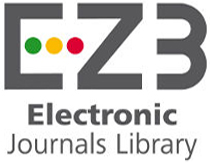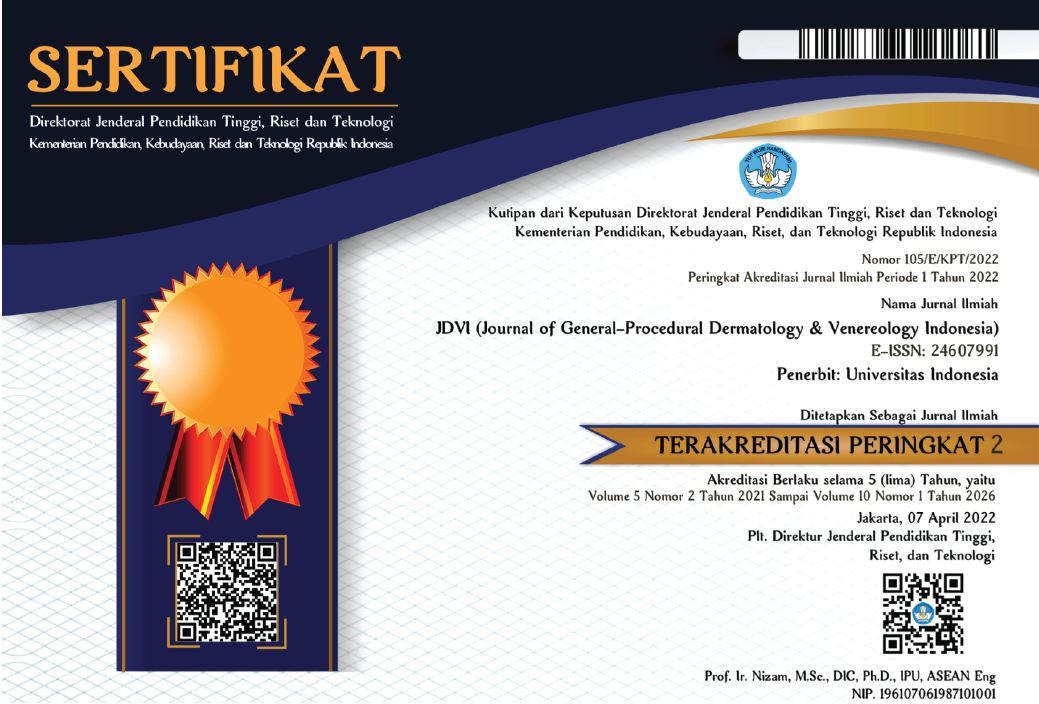Abstract
Diagnostic procedures in pediatric dermatology are different and significantly more challenging than those in adult patients, especially on how to approach the patients. We need to acknowledge that pediatric patients have unique anatomical, physiological, and psychological aspects. Compared to adults, children have smaller procedure area, are less cooperative, and more difficult to understand. For these reasons, we should perform diagnostic procedures on children cautiously. Having extensive knowledge in this field can facilitate us to carry out an ethical, efficient, targeted procedure with less risk. This article reviewed the most appropriate, most comfortable, and least invasive diagnostic procedures for children. Some of the most commonly performed pediatric dermatology procedures highlighted in this article are potassium hydroxide examination, Gram staining examination, acid fast bacilli examination, skin test for allergies, and skin biopsy for children. We also discuss the process of obtaining a written informed consent from the parents who were involved in decision making process and play a crucial role in assisting physicians to calm their children during the diagnostic procedures.
Recommended Citation
Widodo, Arini Astasari; Rahmayunita, Githa; Agustin, Triana; and Astriningrum, Rinadewi
(2018)
"Diagnostic procedures in pediatric dermatology,"
Journal of General - Procedural Dermatology and Venereology Indonesia: Vol. 3:
Iss.
1, Article 6.
DOI: 10.19100/jdvi.v3i1.114
Available at:
https://scholarhub.ui.ac.id/jdvi/vol3/iss1/6
Included in
Dermatology Commons, Integumentary System Commons, Skin and Connective Tissue Diseases Commons






























